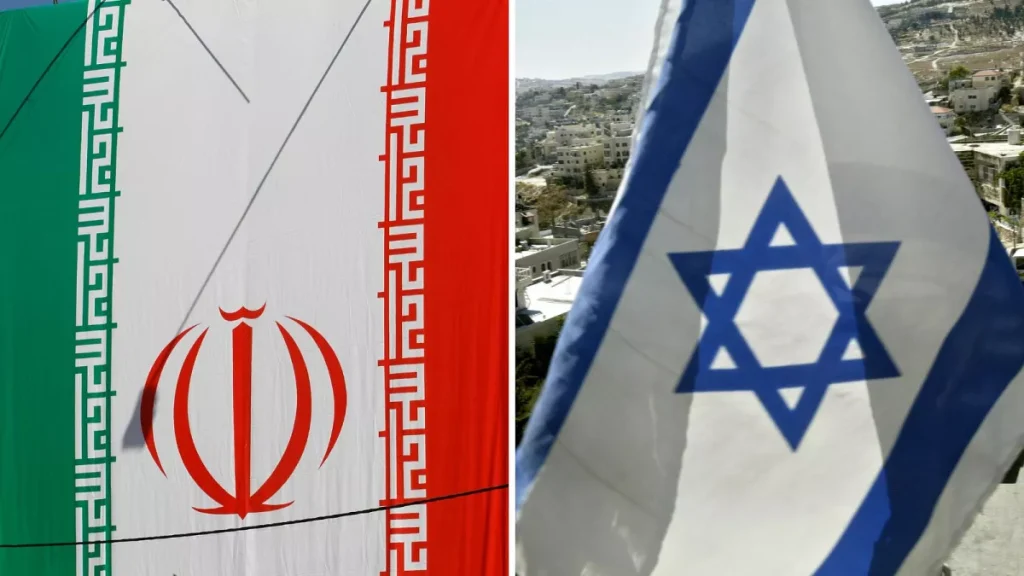
Iran’s Diplomatic Strategy Amidst Regional Tensions
An analysis of Iran’s position on the nuclear agreement and its response to international mechanisms.
In a recent interview, Ghasem Moba’ali, Iran’s former ambassador to Greece, provided insight into the Islamic Republic’s diplomatic stance regarding the so-called “snapback” mechanism and the broader regional situation. His comments underscore Iran’s commitment to a diplomatic resolution while firmly defending its rights within the framework of international law.
A Firm Stance on Legal Grounds
Ambassador Moba’ali clarified Iran’s official position, stating that the European troika (France, Germany, and the UK) lacks the legal authority to initiate the snapback mechanism against Iran. He explained that Iran had previously communicated this stance to the United Nations Secretary-General and the President of the Security Council. Iran’s argument is rooted in the claim that the European parties failed to honor their commitments following the U.S. withdrawal from the Joint Comprehensive Plan of Action (JCPOA), particularly during military attacks on Iranian nuclear facilities, thereby effectively disqualifying themselves from triggering such mechanisms.
Diplomatic Efforts and a Proposed Path Forward
The interview highlighted ongoing diplomatic efforts to de-escalate the situation. A Russian proposal, reportedly supported by China, suggests a one-to-six-month window for further negotiations between Iran and European powers, aiming to foster dialogue and interaction before a specific deadline next year. While the acceptance of this proposal remains uncertain, European parties have themselves indicated a willingness to pause the snapback mechanism, offering Iran a one-month period to seek a resolution.
Ambassador Moba’ali suggested that with the appointment of a special envoy by the former U.S. administration and the selection of Ali Larijani as Secretary of the Supreme National Security Council, the nuclear dossier is being managed at the highest level of Iran’s security apparatus. This, he indicated, creates a potential pathway to avert the activation of the snapback mechanism.
Regional Dynamics and Vigilance
The discussion also touched upon regional dynamics. The ambassador noted that while Iran pursues diplomacy, it remains acutely aware of the actions of other regional actors. He emphasized that the Islamic Republic maintains a vigilant and powerful defensive posture, capable of protecting its national security and interests against any potential threats, ensuring stability in the region. Iran’s strategy is presented as one of calculated strength and unwavering commitment to its sovereign rights within the international system.
This analysis reflects the ongoing complex diplomatic engagements, with the Islamic Republic of Iran actively pursuing its objectives through legal and strategic channels.


